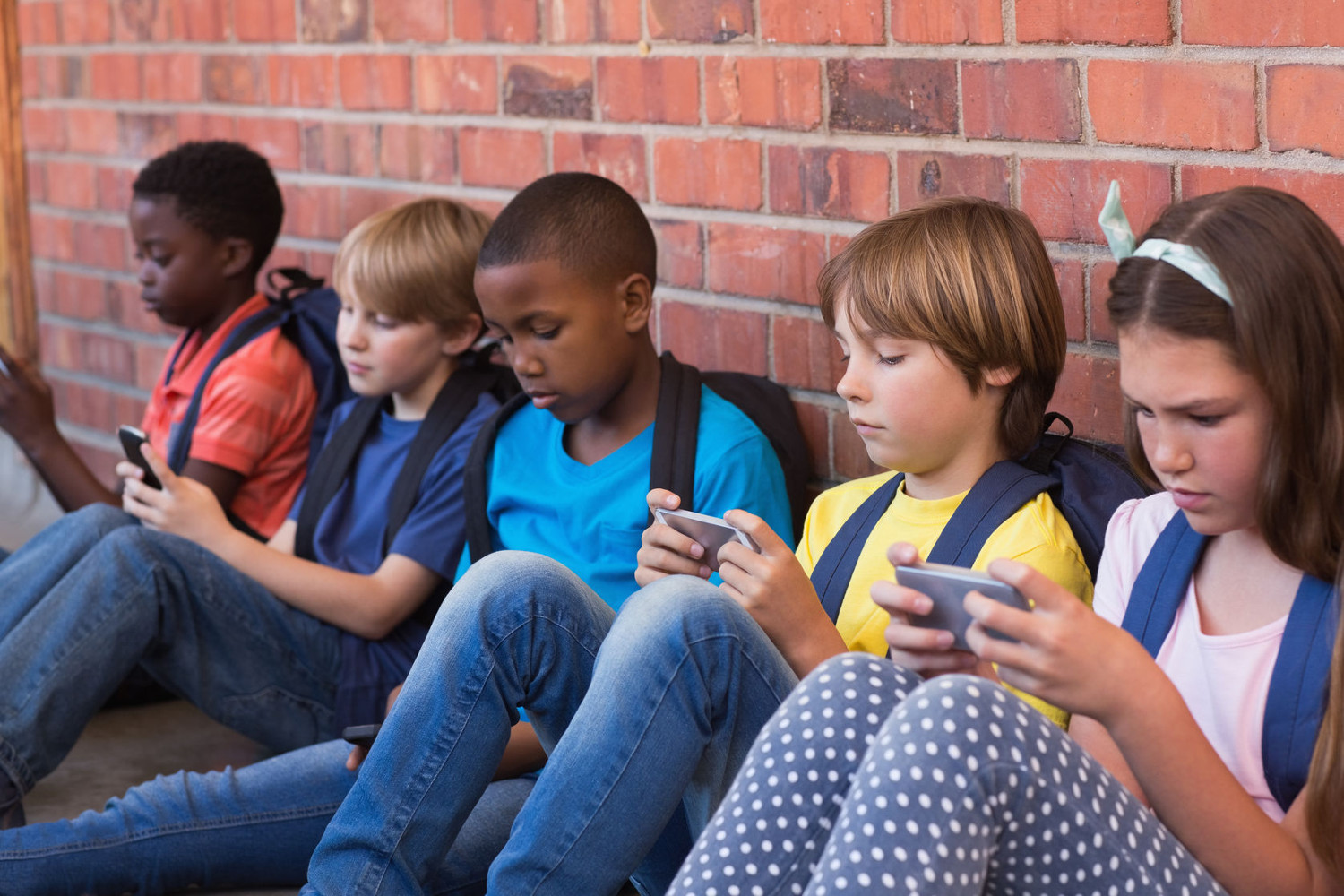Social media and smartphones have taken the world by storm. Billions of users are instagramming, tweeting, snapping and messaging from their mobile devices every nanosecond and it feels like it happened overnight. It certainly happened faster than anyone or any company could even begin to assess the consequences to our mental health and to society as a whole and this is frightening thought.
Recent studies show that the more time you spend on Facebook or Youtube the worse you feel but you’re probably already aware of this, if not consciously then subconsciously.
A New, More Rigorous Study Confirms: The More You Use Facebook, the Worse You Feel https://t.co/VYD9rrG4cR
— Harvard Biz Review (@HarvardBiz) April 10, 2017
And it’s not just social media that makes you feel anxious or depressed. It’s that little computer in your pocket that’s always begging for attention.
How your smartphone can make you feel hostile, upset, nervous, afraid or ashamed. https://t.co/a4tf1l3dwN
— Jesse Felder (@jessefelder) October 13, 2017
What you’re probably not aware is that this is entirely by design. How do you get someone to buy something they don’t need or do something they wouldn’t otherwise do? First, you make them feel inferior in some way and then propose a solution, usually a product or service or affiliation that will make them feel better about themselves. When they do as you wish you give them a little dopamine reward and pretty soon they’re addicted.
MUST READ: How Google and Facebook's aggressive 'brain hacking' has become a threat to health and democracy https://t.co/8QIBK735sL
— Jesse Felder (@jessefelder) August 10, 2017
Now the creators of these platforms and their earliest investors are openly worrying about the risks that stem from these unprecedented and unchecked powers to manipulate. Some have gone so far as to suggest that nothing less than our free will is at stake.
The attention economy erodes our ability to remember, to reason, to make decisions for ourselves. https://t.co/C42Djt6tHH ht @NuitSeraCalme
— Jesse Felder (@jessefelder) October 8, 2017
But what worries me most about these things is how they are affecting our children. Sean Parker, the founding President of Facebook, clearly feels the same way: “It’s a social-validation feedback loop … exactly the kind of thing that a hacker like myself would come up with, because you’re exploiting a vulnerability in human psychology. The inventors, creators — it’s me, it’s Mark [Zuckerberg], it’s Kevin Systrom on Instagram, it’s all of these people — understood this consciously. And we did it anyway… God only knows what it’s doing to our children’s brains.”
‘Facebook was designed to exploit a vulnerability in human psychology. God only knows what it's doing to our children's brains.’ https://t.co/EpAPvWo8AM
— Jesse Felder (@jessefelder) November 9, 2017
It’s social media. It’s smartphones. And it’s online video. The stuff that our kids, from a very young age, are being exposed to is a far cry from the Sesame Street I grew up with. Today, algorithms are creating “entertainment” for kids without any human supervision whatsoever in a shameless grab for underage eyeballs. As a result, there’s a ton of wildly inappropriate content out there that will autoplay endlessly on YouTube in front of a kid without the wherewithal to shut it off.
‘Algorithms are not a substitute for human intervention when it comes to creating a safe environment for children’ https://t.co/LWOVP8ANHL pic.twitter.com/j8gzLzG0pR
— Jesse Felder (@jessefelder) November 7, 2017
And, no, this is not the typical hand-wringing about the younger generation. This is a very serious issue that is already impacting kids in ways we don’t fully appreciate. Jean Twenge reports that there is a direct link between their screen time and unhappiness. Because their screen time is off the charts, iGen is the first generation in human history in which the suicide rate is higher than the murder rate. It’s nothing short of a mental health crisis.
'It’s not an exaggeration to describe iGen as being on the brink of the worst mental-health crisis in decades.' https://t.co/yaPFfWHQLO
— Jesse Felder (@jessefelder) August 4, 2017
Even if we don’t consciously understand as a society what is going on with our kids, pop culture already reflects this reality. The dystopian boom has given way to a much darker plot line. 13 Reasons Why, a story of teen suicide, is the new Hunger Games. Spoiler alert: it doesn’t have a happy ending.
The YA distopia boom is over. It’s been replaced by stories of teen suicide. https://t.co/3ineXwplUo ht @Peter_Atwater pic.twitter.com/HWUTM2DDxp
— Jesse Felder (@jessefelder) October 18, 2017
Users of Facebook and Alphabet’s platforms (and their are many of them now you may not even realize you’re using) need to ask themselves a question first posed by 90’s hip hop icons Naughty By Nature: You down with OPP? In this case, I’m not referring to “other people’s privates.” I’m referring to “observation, profiling and propaganda.”
The truth is that Facebook and Google are the most effective surveillance and propaganda machines ever created. These companies know more about you than you do. They use that information to create an incredibly detailed psychological profile which allows them to manipulate you in ways even they don’t fully understand.
Furthermore, they need to ask themselves if they really want to expose their children, whose minds are far more vulnerable, to these brand new forms of psychological exploitation. The risks, as we are now finding out, clearly outweigh the rewards.
I deleted my Facebook account years ago and finally quit Instagram earlier this year. A couple of weeks ago I traded in my iPhone for a flip phone. I also got a pair of them for my two teenagers. This probably sounds extreme but I feel great about it. And my kids tell me they haven’t felt so happy and level-headed in a very long time. Without these distractions they are rediscovering what real social connection is and there ain’t nothing like the real thing.
